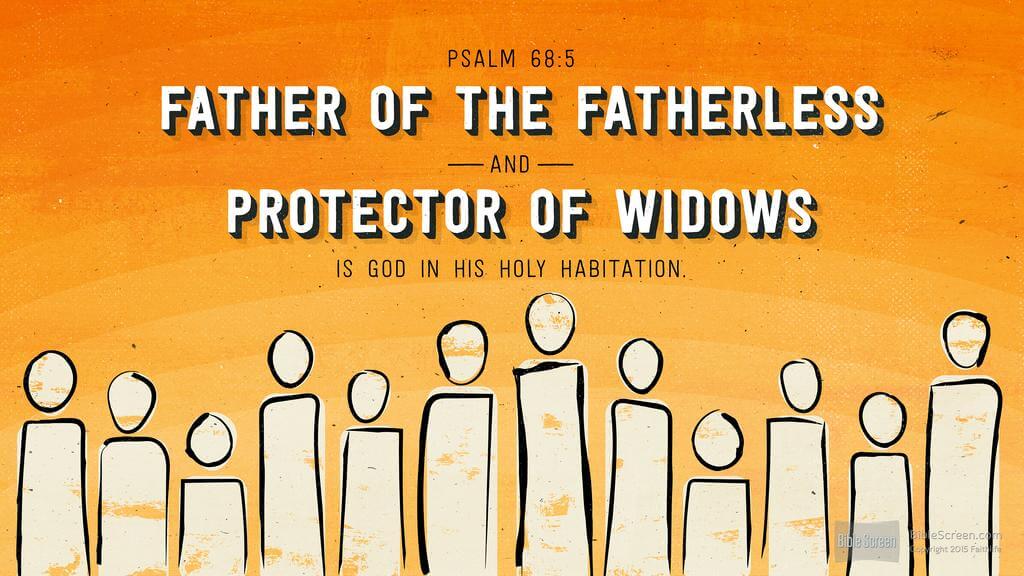

Laws and special provisions were put in place to safeguard widows against neglect and abuse.Īt harvest time, widows could glean in the fields of grain and gather leftover grapes and olives: “When you are harvesting in your field and you overlook a sheaf, do not go back to get it. A person who denied justice to a widow was cursed by God: “Cursed is anyone who withholds justice from the foreigner, the fatherless or the widow” (Deuteronomy 27:19). God recognized the widow’s plight and rose to her defense: “A father to the fatherless, a defender of widows, is God in his holy dwelling” (Psalm 68:5).


She might have been considered a disgrace to her family and left in a precarious position. A childless widow endured double adversity, with no husband to provide for and protect her, and no son to carry on the family name and care for her in her old age. In ancient times, the primary purpose of women in marriage was to produce children and heirs to carry on the family line. The Bible says widows are to be treated with honor and compassion and offered protection so that no one takes advantage of them. Thus, widows are often grouped with vulnerable members of society such as the fatherless, aliens, and the poor (Deuteronomy 14:29 16:11 24:20 26:12). Often in Scripture, when widows are referred to, it appears to carry the idea of a woman whose husband has died who also has no one to provide for her. A widow is a woman whose husband has died.


 0 kommentar(er)
0 kommentar(er)
